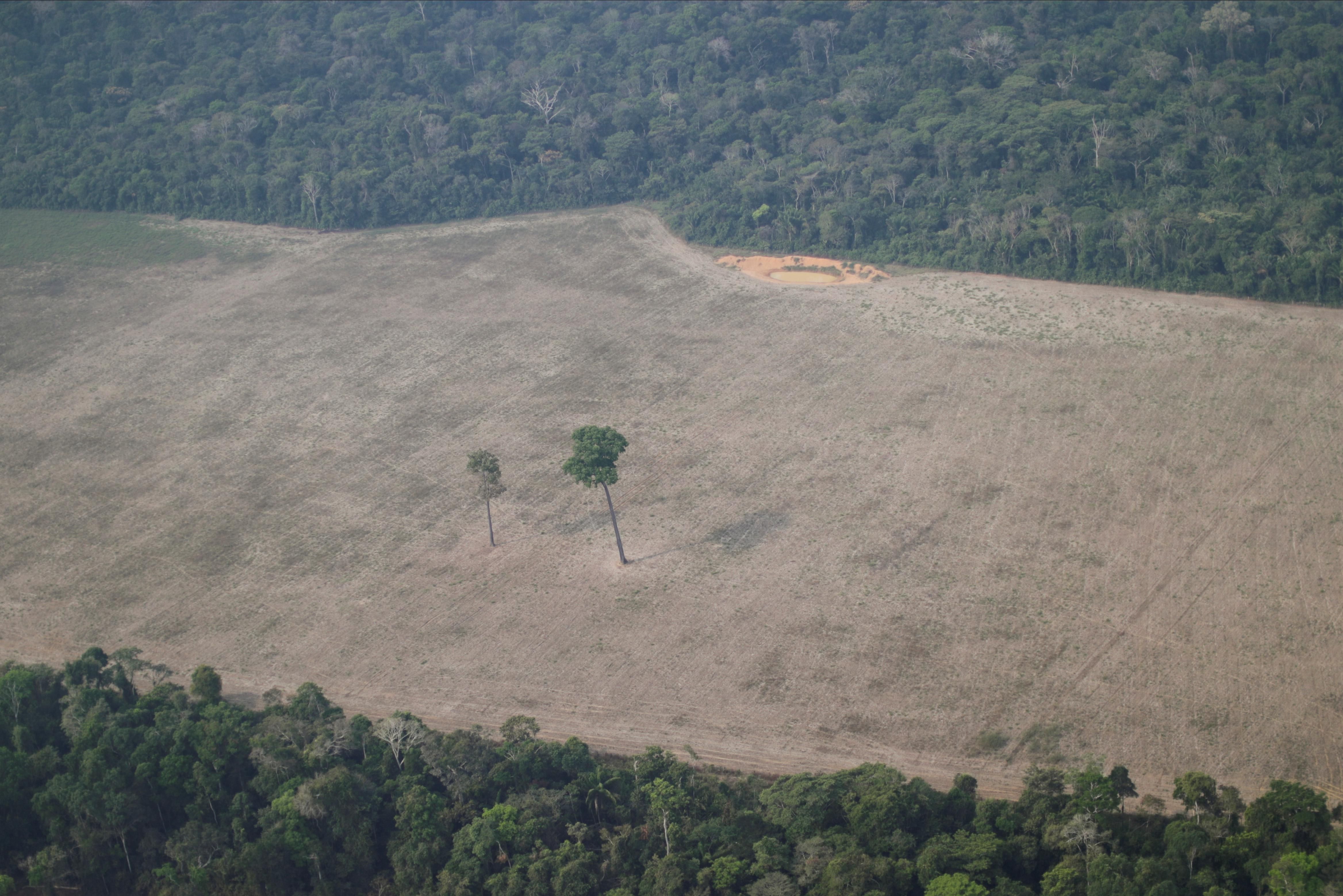16: Brazil's new plan to save the Amazon promises to curb deforestation, but not too much. Although it would reduce annual forest loss to the average recorded over the past five years, next year's target is still 16 percent higher than the Amazon's total deforestation in 2018, the year before President Jair Bolsonaro — who favors economic development of the rainforest — took office.
7.24 million: Up to 7.24 million people in South Sudan will likely suffer acute food insecurity in the coming months, according to the World Food Programme. The country is one of the UN's top 10 projected global hunger hotspots for this year.
0.008: Fully vaccinated people in the US have a 0.008 percent chance of getting COVID, according to new data from the Centers for Disease Control and Prevention. Health officials have always warned that vaccination is not 100 percent effective against infection, but that the benefits of inoculation far outweigh the risks.
5: Basic food items in Lebanon are now
five times more expensive than two years ago. Lebanon's
economic collapse, which began in late 2019, has seen the value of the local currency
plunge, raising the prices of everyday items in a nation that imports around 80 percent of the goods it consumes.
